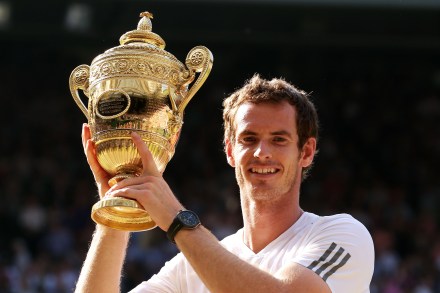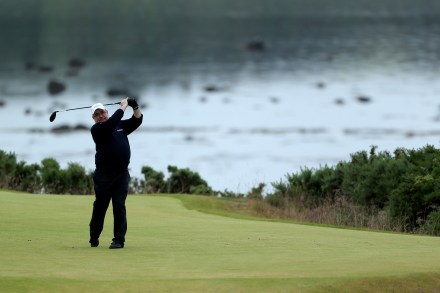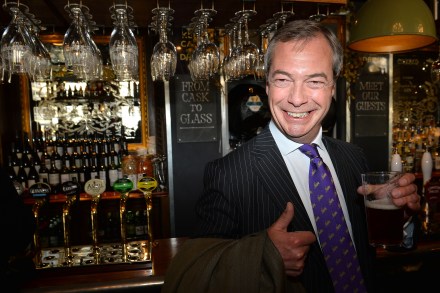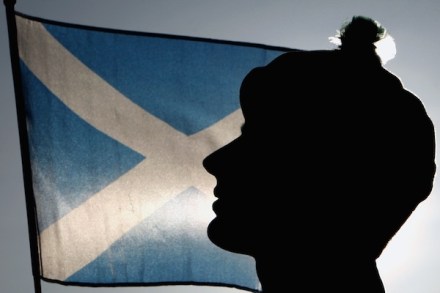Scotland’s disgraceful educational apartheid
Scottish teenagers received their exam results this week and, for the seventh consecutive year, the pass-rate for Highers increased. So did the pass-rates for all other exams: the Advanced Highers success rate marched past 82 per cent while a scarcely credible 98.9 per cent of all Standard Grade exams were passed. Cue the annual debate over grade inflation and dumbing down. Actually, the best academic evidence (compiled by Durham University researchers) suggests grade inflation, while real, is less of an issue in Scotland than it is in the rest of the United Kingdom. It also distracts attention from the real issue. Which remains that far too many children in far too many



















